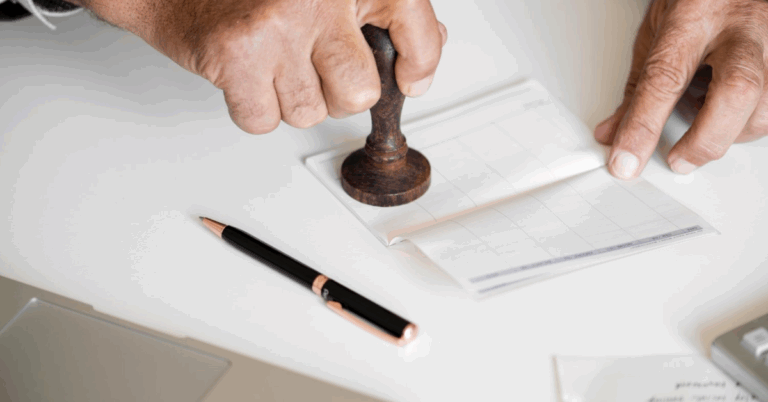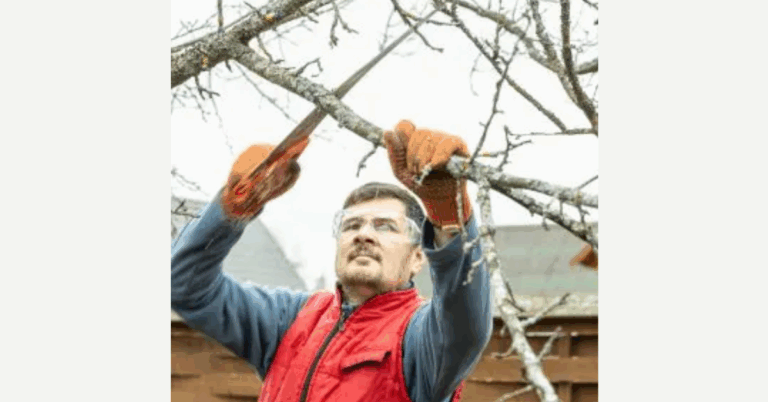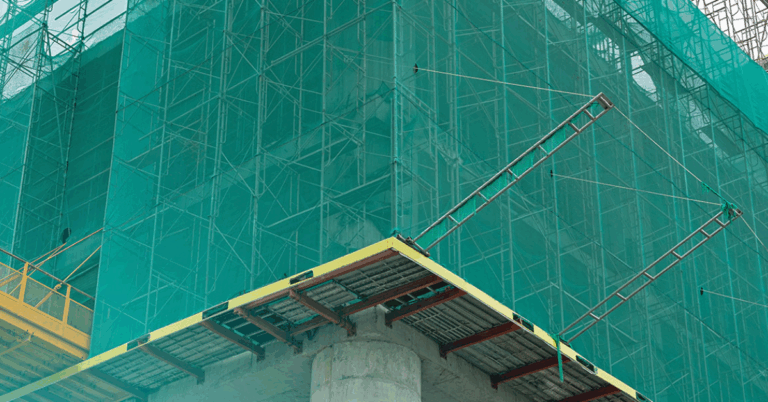Sacred Farewell: What a Buddhist Funeral Package Offers
When facing loss, many families seek to provide a dignified, spiritually meaningful send-off through a Buddhist funeral package a comprehensive service that integrates ritual, logistics, and compassionate support. Such a package typically bundles preparations like altar setup, chanting ceremonies, transportation, mourning services, and post-funeral memorial rites so that the family can focus on grief, memory, and closure while knowing the rites are cared for.
Why Choose a Buddhist Funeral Package?
Planning a funeral amid grief can be overwhelming. A Buddhist funeral package offers:
-
Ritual integrity: Ensures that all essential Buddhist rites chanting, offerings, merit transfer are observed faithfully.
-
Convenience & coordination: Bundles numerous tasks (venue, casket, transport, permits) under one provider.
-
Emotional support: Gives the bereaved family space to mourn without being burdened by logistics.
-
Cost clarity: Offers transparent, itemised pricing and optional add‐ons rather than ad hoc arrangements.
In Singapore, Buddhist funeral packages are especially useful given tight urban space, regulations on wakes, and the necessity of coordinating with temples, crematoria, and municipal authorities.
Core Elements of a Buddhist Funeral Package
While exact inclusions vary, most well-designed Buddhist funeral packages cover the following key components:
1. Body Preparation & Encoffining
After death, the body is collected, washed, dressed, and prepared by professional embalmers or mortuary staff. Cosmetic work (makeup) is applied as needed to present the deceased respectfully. The encoffining ceremony placing the body into the coffin is accompanied by prayers or chanting.
2. Altar Setup & Wake Arrangements
The package arranges the wake location (often a void deck, temple hall, or funeral parlour) with tents, flooring, curtains, fans, chairs, lighting, and decor. A Buddhist altar is installed with offerings (flowers, fruits, incense), the deceased’s portrait, and sacred symbols or scrolls.
3. Chanting, Sutras & Monastic Services
Monks or ordained practitioners perform chanting sessions at critical times: the encoffining, during nightly vigils, and on funeral day. Common sutras include the Heart Sutra and Amitabha chants. These services are believed to help guide the deceased’s consciousness and generate merit for rebirth.
4. Offerings & Ritual Items
The package provides essential ritual supplies: incense, candles, joss paper, fruit and food offerings, ritual bowls, and scriptures. These offerings are integral to Buddhist funeral symbolism and merit transfer.
5. Transportation & Procession
A hearse is provided to transport the body from wake to crematorium (or burial site). Pallbearers, staff, and vehicles for family or guests may be included depending on the package. A formal procession often accompanies the final journey.
6. Cremation Coordination & Ash Handling
The provider arranges the cremation bookings, necessary permits, and handles the collection of ashes. The package may include transferring the ashes to a columbarium niche or preparing for memorial placement.
7. Memorial & Post-Funeral Services
Many packages extend to cover memorial rites such as the 7th day, 49th day, or annual commemoration services. These help sustain merit transfer and allow closure over time.
Variations & Optional Upgrades
Depending on family preferences and budget, packages often allow customization such as:
-
Additional chanting sessions or extended vigil nights
-
Enhanced floral decor or upgraded altar designs
-
Personalized eulogies, photo or video tributes
-
Obituary notices or funeral announcements
-
Niche placement or columbarium arrangements
-
Longer wake durations (e.g. 5 day instead of 3 day)
These optional elements let families tailor the service while keeping core Buddhist rites intact.
Costs & Duration in Singapore Context
In Singapore, Buddhist funeral packages often begin from the mid-five-figure Singapore dollar range for 3-day wakes, rising for more elaborate or extended services. Some funeral service providers announce standard 3 day package rates (for example, around S$5,988) and higher rates for 5 day versions. The costs reflect the complexity of coordination (venue, monks, transport, permits) plus ritual supplies.
Duration is commonly 3 or 5 days; longer wakes are less frequent but possible. Families should always request detailed quotes and ask for itemized breakdowns so that optional services (e.g. extra chanting, premium casket) are clearly priced.
Symbolism & Spiritual Meaning
A Buddhist funeral package carries deep symbolism:
-
Impermanence: The rituals constantly remind attendees that life is transient.
-
Merit transfer: Chanting and offerings are made not only for the deceased but as a vehicle for generating merit (good karma) that can be dedicated to the deceased’s next life.
-
Mindful farewell: The structure and solemnity of rites help the living move through grief mindfully.
-
Interconnectedness: The community of monks, family, and friends comes together to support both the deceased and those left behind.
Through these symbolic acts, the funeral becomes a spiritual practice in itself.
How to Select a Trustworthy Buddhist Funeral Provider
When choosing a provider, the following criteria matter:
-
Ritual competence: The team should have experience in Buddhist rites and proper chanting protocols.
-
Transparency: They should present clear, itemized package lists and optional extras.
-
Flexibility: Ability to adjust services to fit family wishes or religious affiliations (e.g. Pure Land vs Mahayana emphasis).
-
Logistical network: Good relationships with temples, crematoria, and regulatory bodies benefit smooth operations.
-
Empathetic service: Staff should be compassionate, responsive, and able to guide the family in decision making.
-
Reputation & references: Feedback from past families, testimonials, or community word of mouth is a strong indicator.
Meeting prospective providers, requesting sample proposals, and asking scenario based questions (e.g. “If we want extra chanting,” or “guest numbers increase”) can help ensure you select a provider poised to deliver both dignity and peace of mind.
Etiquette & Conduct for Attendees
For those attending a Buddhist funeral, observing the proper decorum enhances the sacred atmosphere:
-
Dress in muted, modest colors (white, black, grey). Avoid bright shades.
-
Turn off or silence mobile devices.
-
Approach the altar or casket with respect bow gently, offer incense if customary.
-
During chanting, sit quietly or stand if monks stand; join softly only if comfortable.
-
Avoid loud conversation or disruptive behavior.
-
If making a condolence contribution, use the designated condolence box or book.
-
Refrain from photography during solemn moments unless invited or instructed.
These simple gestures honor both ritual sanctity and the family’s emotional space.
Pre-Planning a Buddhist Funeral
Prearranging a funeral can ease future burdens on loved ones. In preplanning, one can:
-
Specify which Buddhist tradition or sutras to use
-
Choose desired wake duration (3 day, 5 day)
-
Opt for optional upgrades (e.g. photo tributes, niche placement)
-
Fix budget boundaries and reduce future price uncertainty
-
Ensure transparency in terms and scope of services
Preplanning reflects foresight and compassion: it spares family strain, clarifies one’s wishes, and dignifies the final act of sending off.
Challenges & Considerations
While Buddhist funeral packages provide structure and care, some challenges may arise:
-
Scheduling & temple availability: Securing monks for chanting at desired times may require advance confirmation.
-
Venue permits: For wakes in public or residential void decks, local approvals may be needed.
-
Cost overruns: If a family requests add-ons on short notice, costs can escalate always check which items are optional.
-
Custom family traditions: Some families may have rituals outside standardized packages; providers should be open to integrating those.
-
Post-funeral continuity: Memorial rites (49th day, anniversaries) may require separate budgeting and coordination.
Being aware of these helps a family negotiate and plan more realistically.
Real-Life Example of a 3-Day Package (Hypothetical Illustration)
Below is a conceptual outline of what a 3-day Buddhist funeral package might include:
| Day | Key Activities | Highlights |
|---|---|---|
| Day 1 | Body transfer, embalming, dressing, altar setup, opening chanting | Evening chanting by monks |
| Day 2 | Continued wake, family visitor rituals, more chanting | Merit transfer rites, vegetarian offerings |
| Day 3 (Funeral Day) | Final chanting, eulogies, procession to crematorium, cremation | Ash collection and closing memorial |
This simplified schedule gives families time to grieve, participate, and observe key rites in a structured way.
The Broader Value Beyond Rituals
A Buddhist funeral package is more than the sum of services. It embodies spiritual compassion and communal care. Through well ordered rituals, families can transform grief into a meaningful act of love, guiding the deceased respectfully, preserving dignity, and finding solace in service. It is a final expression of respect a bridging point between life and onward journey.
Conclusion
A Buddhist funeral package is a deeply meaningful way to honor a loved one’s passing offering spiritual care, ritual correctness, and logistical ease. By combining essential elements like chanting, altar setup, transport, cremation coordination, and memorial rites, these packages let the family focus on love, remembrance, and mourning.
In choosing a provider, transparency, cultural competence, empathy, and flexibility matter. Preplanning further amplifies these benefits by clarifying wishes and reducing burden. When done well, a Buddhist funeral becomes more than farewell it becomes a compassionate guide for both the departed and those left behind to walk the path of impermanence with dignity and peace.






